|
Welcome to Barriers and Boundaries Resilience Leadership
Check out a recent episode of the podcast.
|
|
1/16/2024 3 Essentials to Resilient Leadership in 2024: Psychological Safety, Accountability, and a Growth MindsetRead Now
In the ever-evolving landscape of leadership, 2024 demands a fresh perspective on what it takes to lead effectively. Three crucial components stand out in shaping contemporary leadership: psychological safety, trust, and a growth mindset. In this article, we'll explore how these elements intertwine to create a robust leadership framework that fosters innovation, collaboration, and success.
Leaders who prioritize psychological safety recognize the profound impact it has on the team's dynamics. Fostering an atmosphere that is not only open but also non-judgmental serves as a catalyst for creativity and collaboration. When team members feel psychologically safe, they are more inclined to take risks, share diverse perspectives, and actively contribute to collective problem-solving endeavors.
The foundation of trust is intricately woven into the fabric of psychological safety. Trust is not a static entity; rather, it evolves as a natural byproduct of an environment where individuals feel valued, heard, and respected. Leaders who understand the significance of psychological safety appreciate that it goes beyond merely creating a comfortable workspace; it cultivates a culture where trust can flourish organically. Encouraging creativity and collaboration within a psychologically safe space is not a one-time endeavor. It requires ongoing commitment and proactive efforts from leaders to ensure that the atmosphere remains conducive to open expression. In such an environment, trust becomes more than a workplace buzzword—it becomes the bedrock upon which successful leadership is built. Trust: The Glue that Binds Teams Together Building trust is a nuanced and continuous process that demands unwavering consistency, transparency, and integrity. In the context of leadership in 2024, trust has evolved beyond the traditional notions of competence and reliability. It encompasses a leader's ability to navigate ambiguity, embrace vulnerability, and forge authentic connections with their team. Within this framework, accountability emerges as a linchpin in the cultivation of trust within a team. Leaders, as the guiding force, must hold themselves and their team members accountable for their actions and decisions. This accountability extends beyond a mere checklist of responsibilities; it fosters a profound sense of responsibility and reliability that further fortifies the foundation of trust. Trust is not a unilateral expectation but a reciprocal agreement. Leaders who embody transparency and accountability inspire a similar commitment from their team members. The willingness to acknowledge mistakes, learn from them, and adapt strategies based on these experiences is a testament to a leader's accountability. This, in turn, creates a reciprocal atmosphere where team members feel empowered to contribute without fear of reproach. In the leadership landscape of 2024, trust is not just a desirable trait; it's the glue that binds teams together. It's the intangible force that propels a group forward, enabling them to overcome challenges, seize opportunities, and collectively achieve success. As leaders invest in fostering trust through accountability and transparency, they lay the groundwork for a resilient and high-performing team.
Accountability: Fostering a Culture of Responsibility
In the dynamic realm of leadership, accountability emerges as a linchpin that not only complements but enhances the fabric of trust. Leaders in 2024 recognize that accountability is more than a mere check-and-balance system; it is the cornerstone of a culture where responsibility is shared, and commitments are upheld. Setting clear expectations is the first step in fostering accountability within a team. Leaders understand that ambiguity breeds confusion and hampers the team's ability to deliver results. By clearly defining roles and expectations, leaders provide a roadmap for success, enabling team members to understand their individual responsibilities and contributions to the collective goals.
Crucially, accountability extends beyond a punitive approach. It's not about assigning blame when things go awry; instead, it emphasizes a shared responsibility for the team's success. Leaders play a pivotal role in shaping this perspective, fostering an environment where team members recognize their contributions as integral to the overarching objectives.
Leaders who prioritize accountability are proactive in addressing challenges head-on. Rather than shying away from difficulties, they view them as opportunities for growth and improvement. This proactive approach involves learning from failures, extracting valuable lessons, and adapting strategies accordingly. By embracing challenges as stepping stones to success, leaders create a culture where resilience and adaptability become ingrained in the team's DNA. Adaptability is a key outcome of a culture of accountability. In a world that constantly evolves, a team's ability to navigate change is paramount. Leaders who instill a sense of responsibility in their team members contribute to the creation of a resilient and adaptable workforce. This adaptability not only ensures the team's survival in the face of challenges but also reinforces the trust within the group. In the landscape of leadership in 2024, accountability is not a rigid framework; it's a dynamic force that propels a team forward. It's a commitment to continuous improvement, a recognition of shared responsibility, and a catalyst for building a culture where challenges are embraced, failures are valued, and success is a collective triumph. As leaders foster a culture of accountability, they sow the seeds for a team that not only meets expectations but surpasses them, driving innovation and excellence.
Continuous improvement becomes a mantra in an environment that fosters a growth mindset. Leaders play a pivotal role in instilling a culture where learning is not confined to formal training sessions but is embedded in the fabric of everyday work. This commitment to ongoing learning sets the stage for a team that is not just adaptable but actively seeks out new ideas and approaches, driving innovation at every turn.
Resilience is a natural byproduct of a growth mindset. Leaders who champion this perspective understand that setbacks are an inevitable part of any journey. Rather than viewing challenges as roadblocks, they encourage their teams to navigate through them with a resilient spirit. This resilience is not just about bouncing back from adversity but about leveraging challenges as opportunities for personal and collective growth. In the realm of a growth mindset, change is not feared but embraced. Leaders who embody this mindset understand that the business landscape is in a constant state of flux. They actively promote a willingness to embrace change, viewing it as a chance to evolve and improve. This attitude filters down to the team, creating a collective mindset that views change as a catalyst for innovation rather than a disruption. Empowering team members to explore new ideas without the fear of retribution is a cornerstone of leadership with a growth mindset. Leaders become facilitators of experimentation and innovation, understanding that breakthroughs often emerge from a willingness to step into the unknown. By fostering an environment where creativity flourishes and new ideas are welcomed, leaders contribute to the development of a team that is not just reactive but proactive in shaping the future. In conclusion, a growth mindset is not just a leadership philosophy; it's a cultural shift that defines success in 2024. Leaders who embrace this mindset don't just navigate change; they lead their teams through it with resilience, continuous improvement, and an unwavering commitment to learning. In a world that values adaptability and innovation, a growth mindset is not just an asset; it's a prerequisite for leadership excellence. As we navigate the complexities of 2024, effective leadership requires a holistic approach that incorporates psychological safety, trust, accountability, and a growth mindset. These components are interconnected, creating a synergistic effect that propels teams toward success. Leaders who prioritize these elements not only foster a positive work environment but also position their teams to thrive in an ever-changing world.
0 Comments
Leave a Reply. |
Details
Eric Bryan is a participant in the Amazon Services LLC Associates Program, an affiliate advertising program designed to provide a means for sites to earn advertising fees by advertising and linking to Amazon.com. I get commissions for purchases made through links in this post.
***As an Amazon Associate, I earn from qualifying purchases.
|
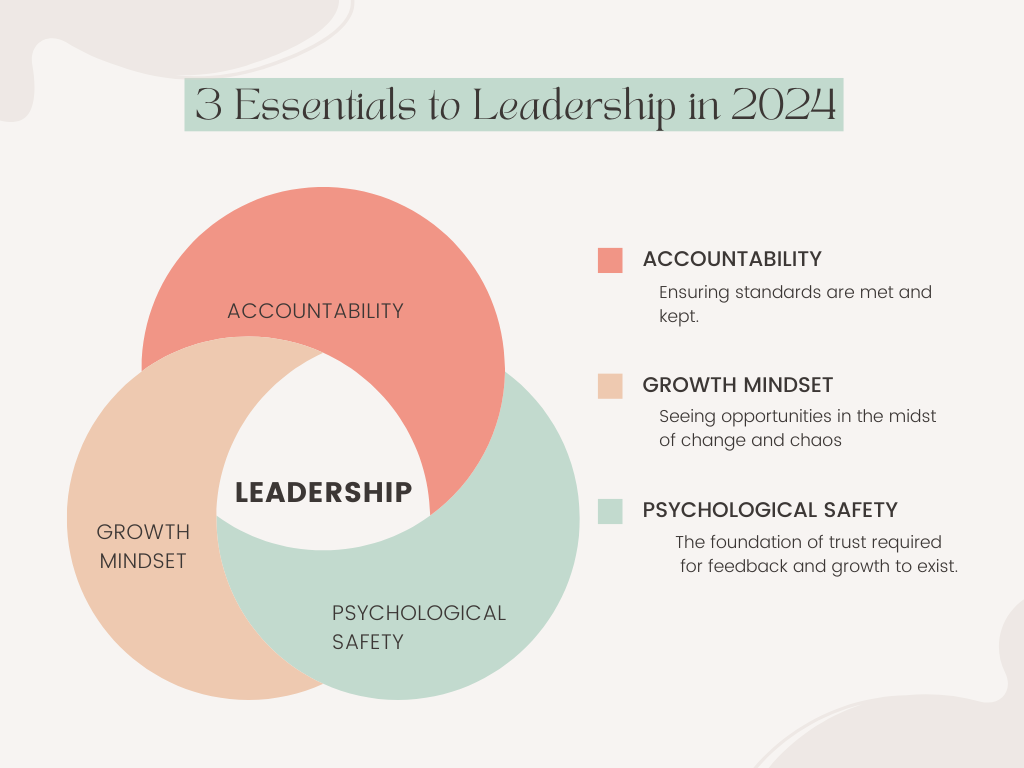

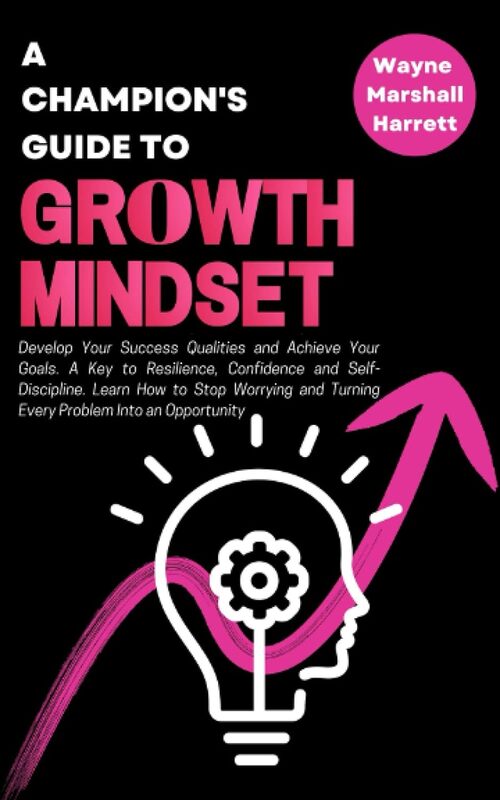


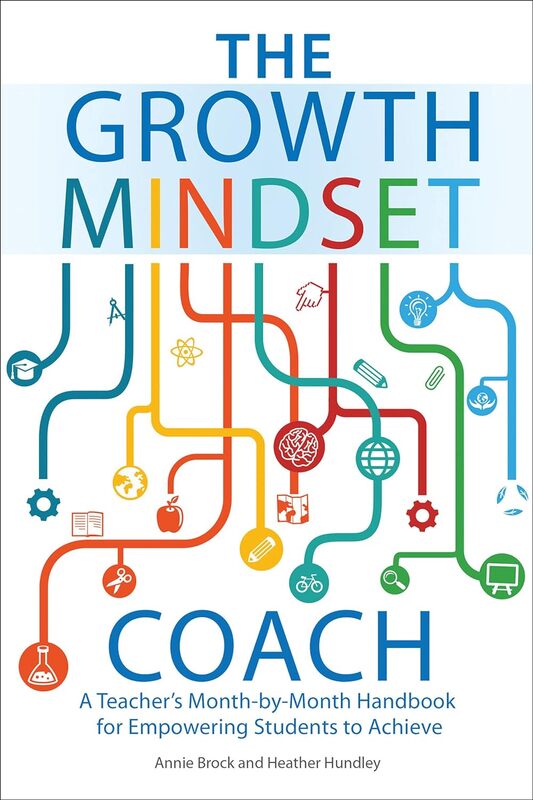
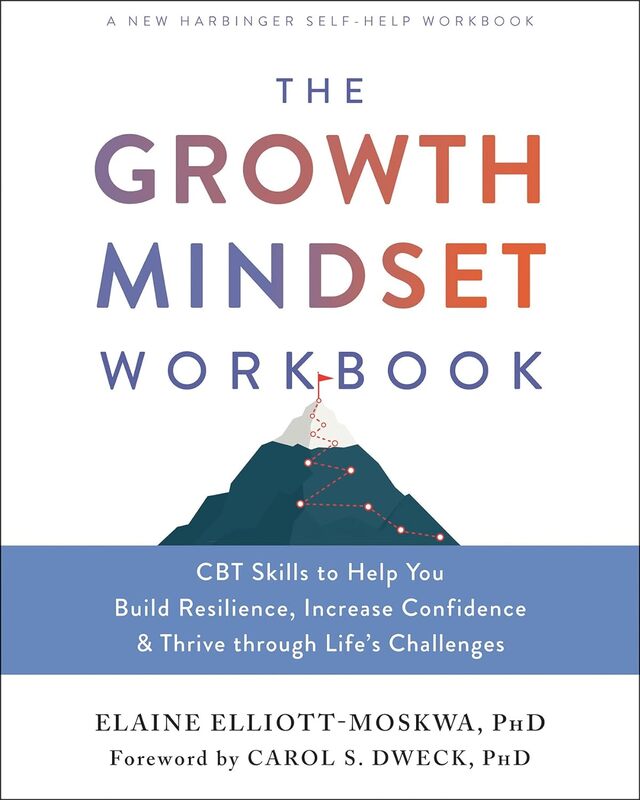
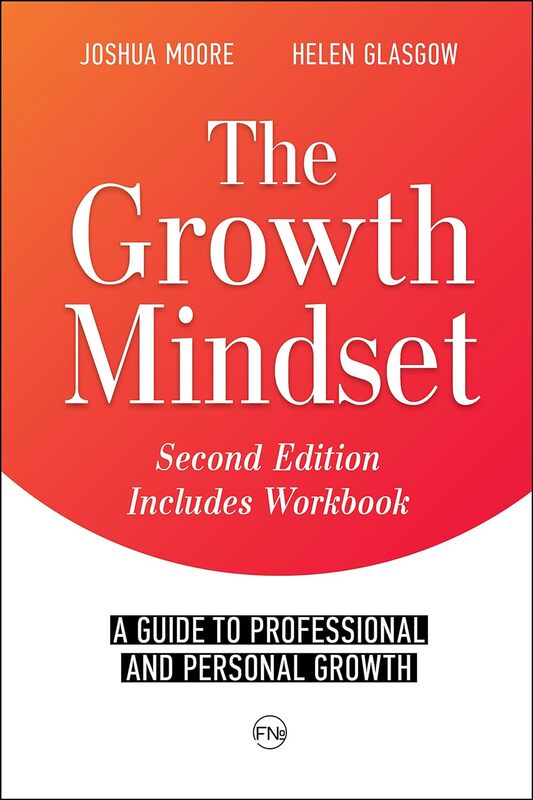






 RSS Feed
RSS Feed